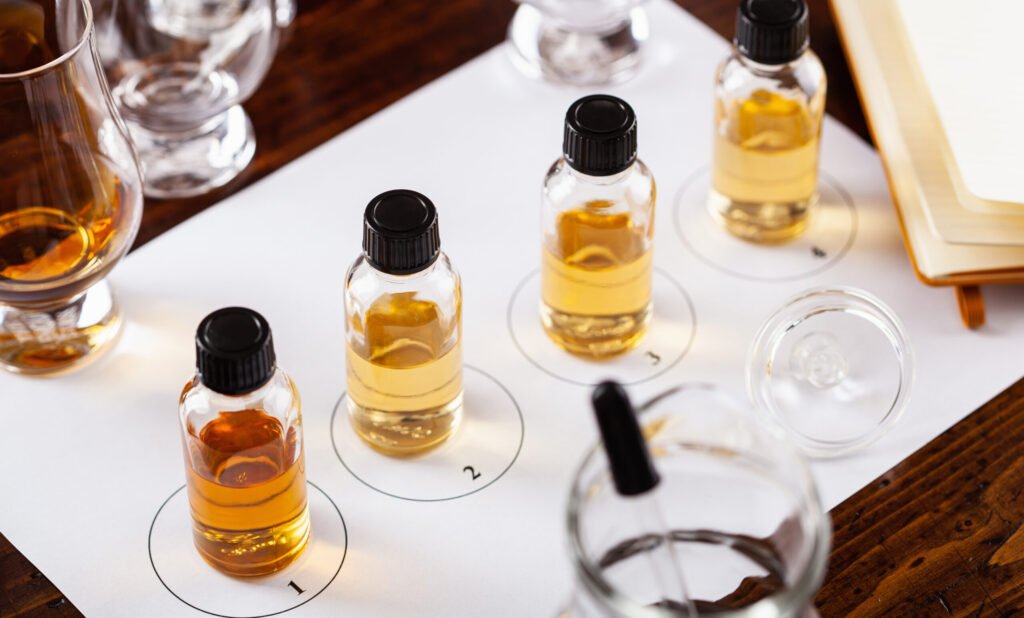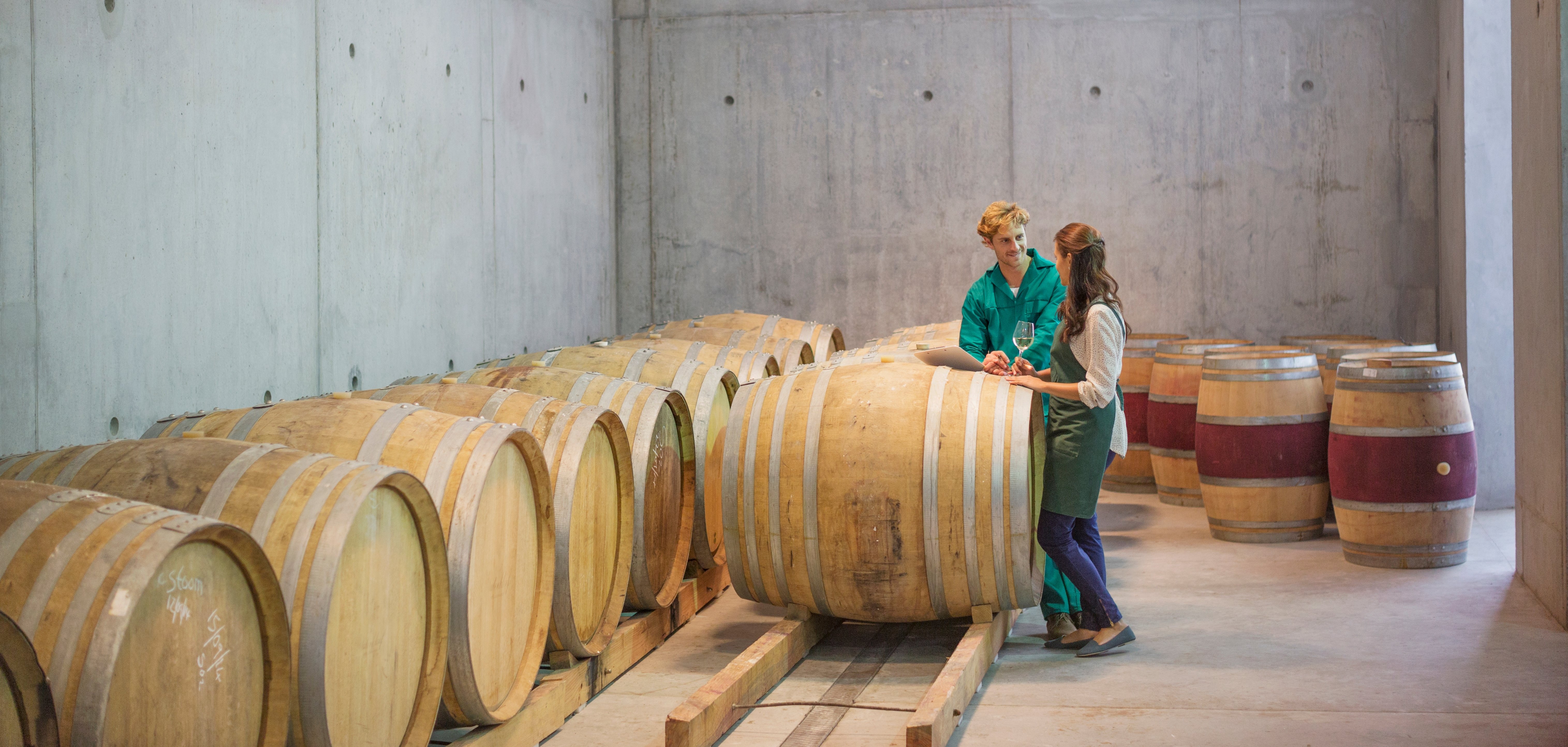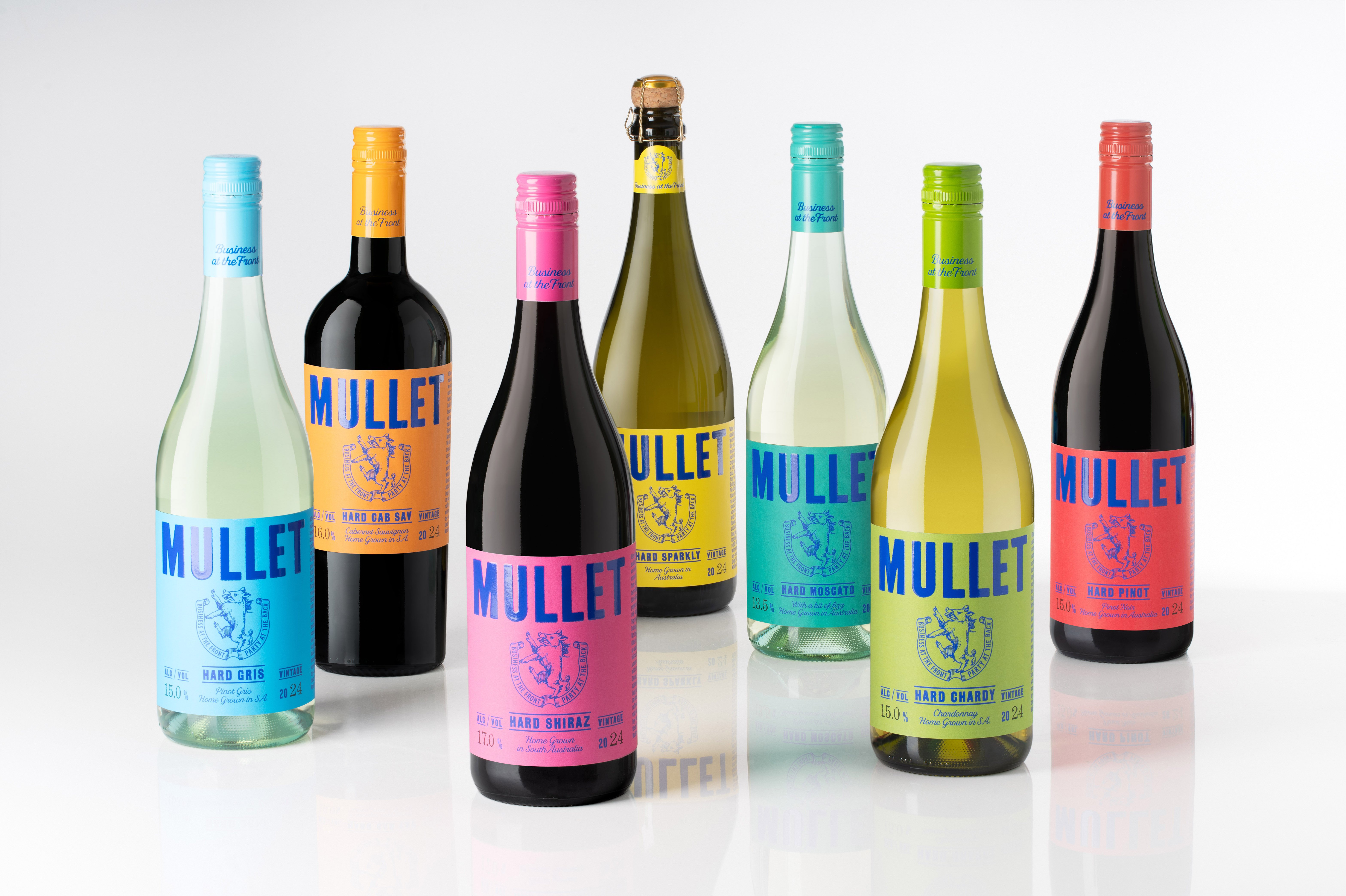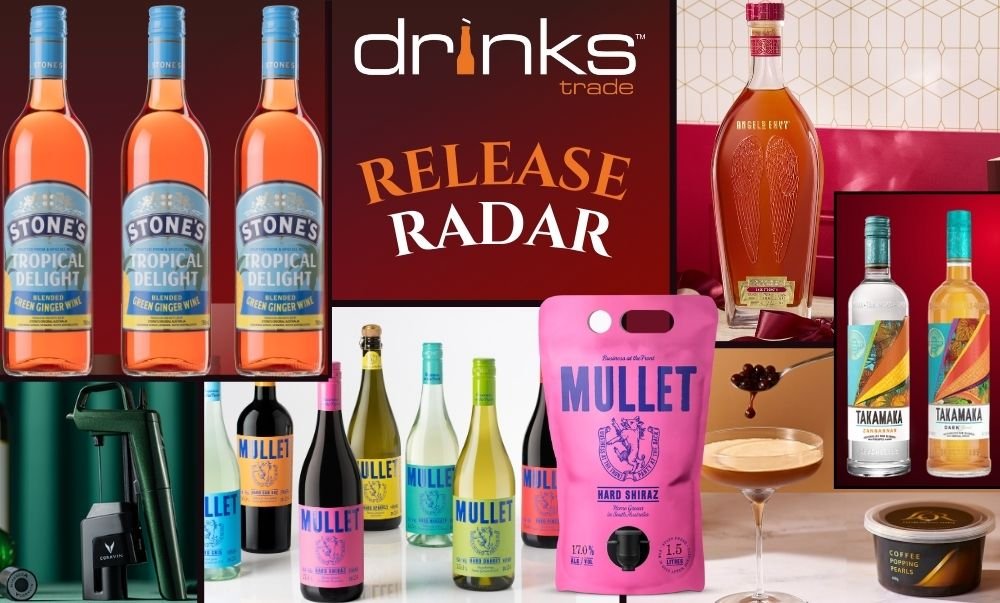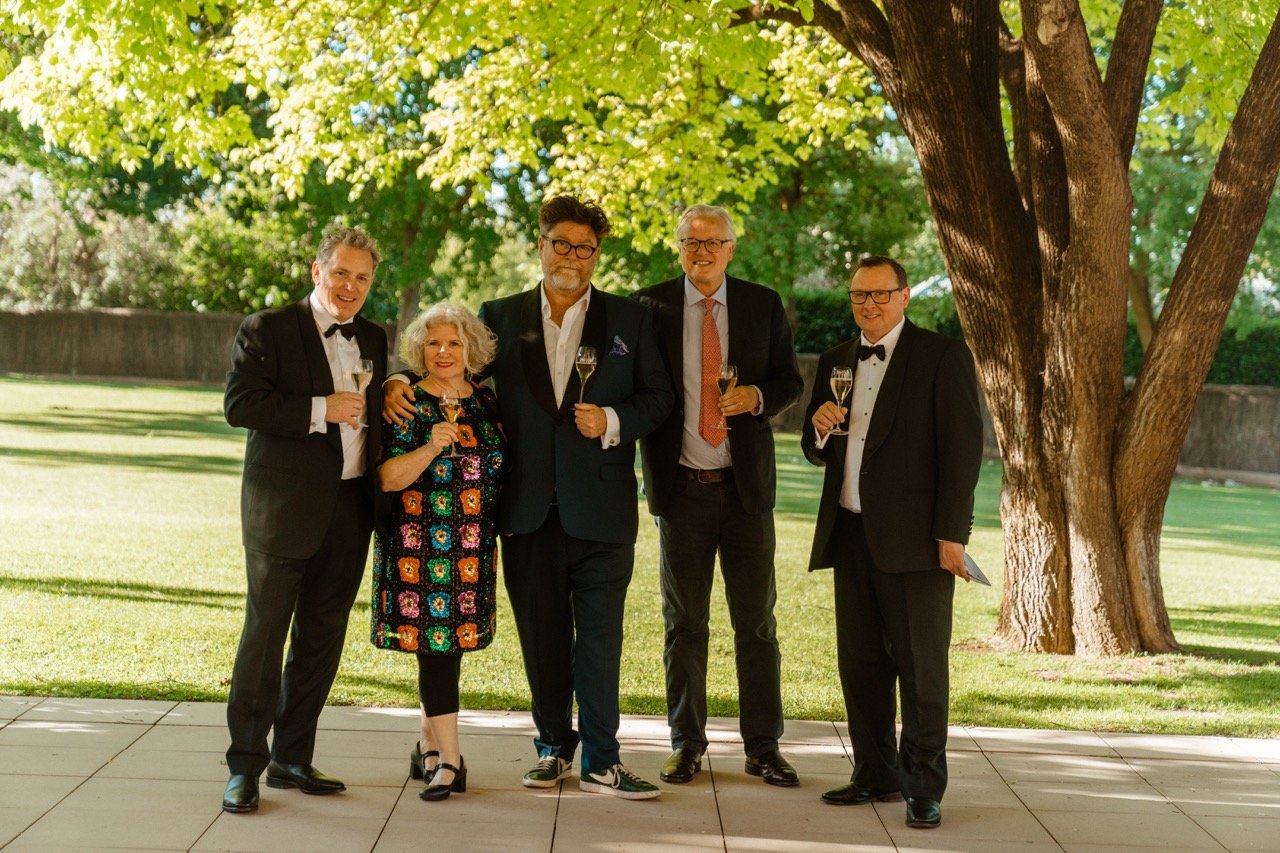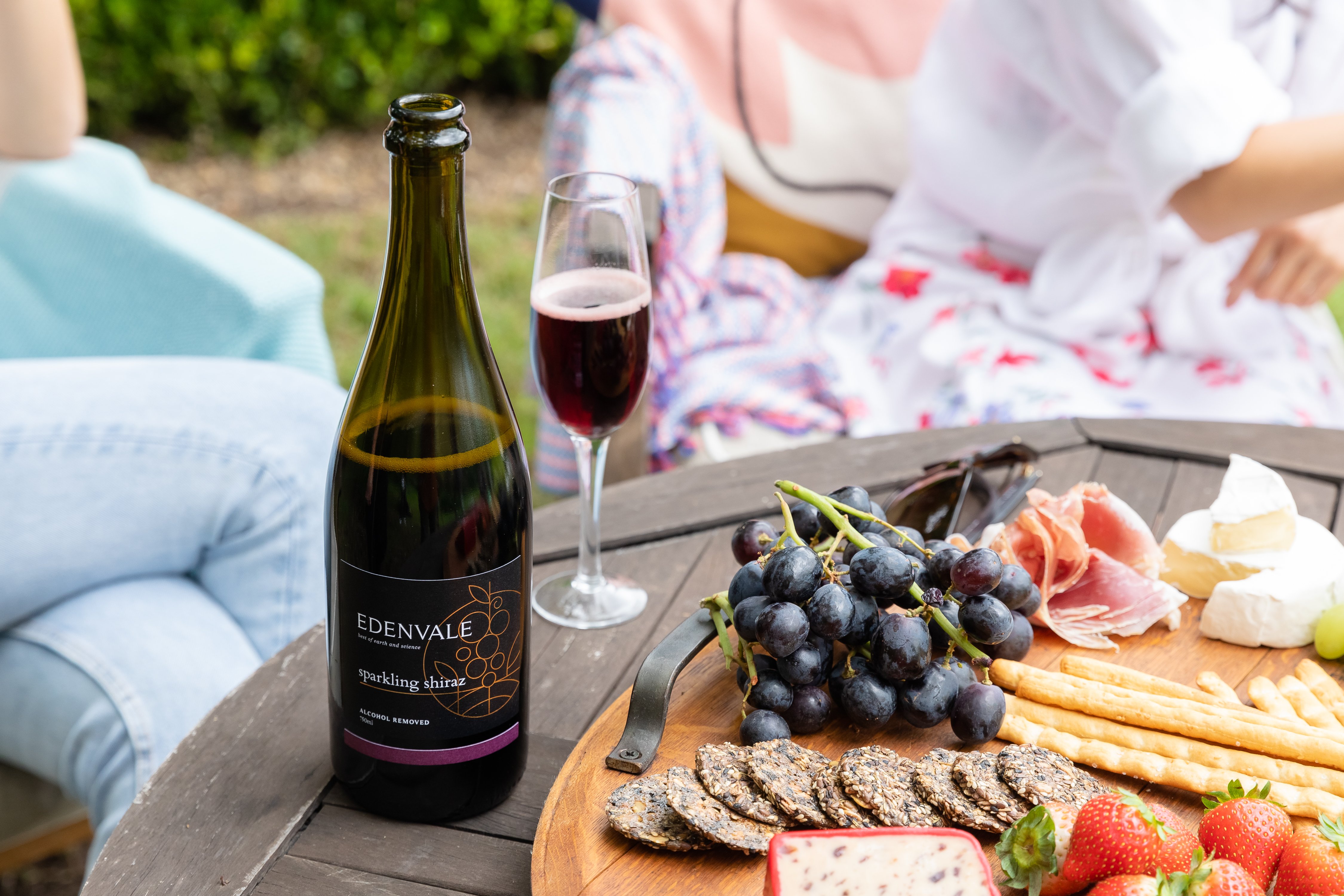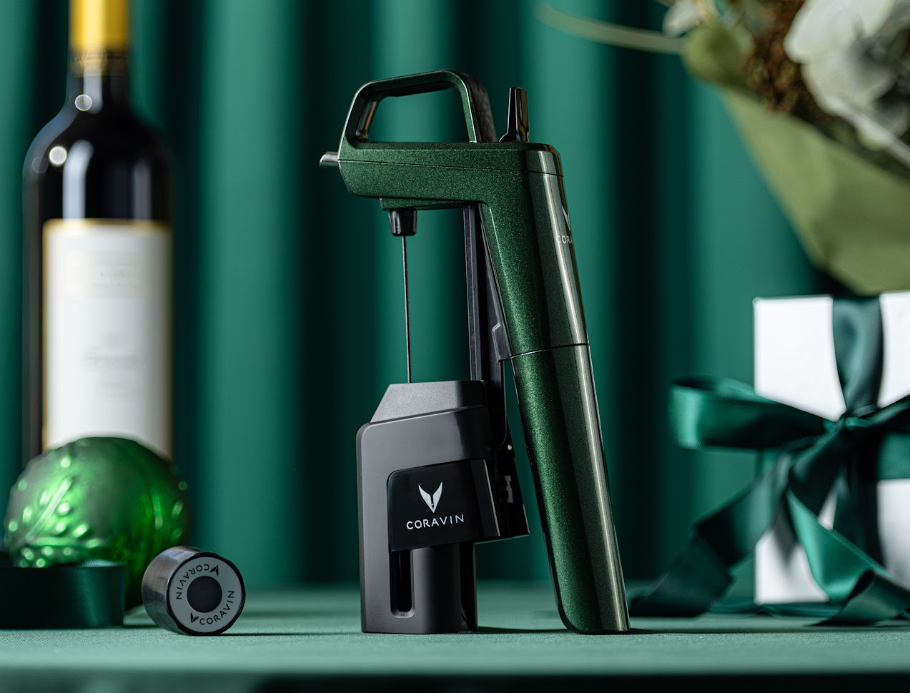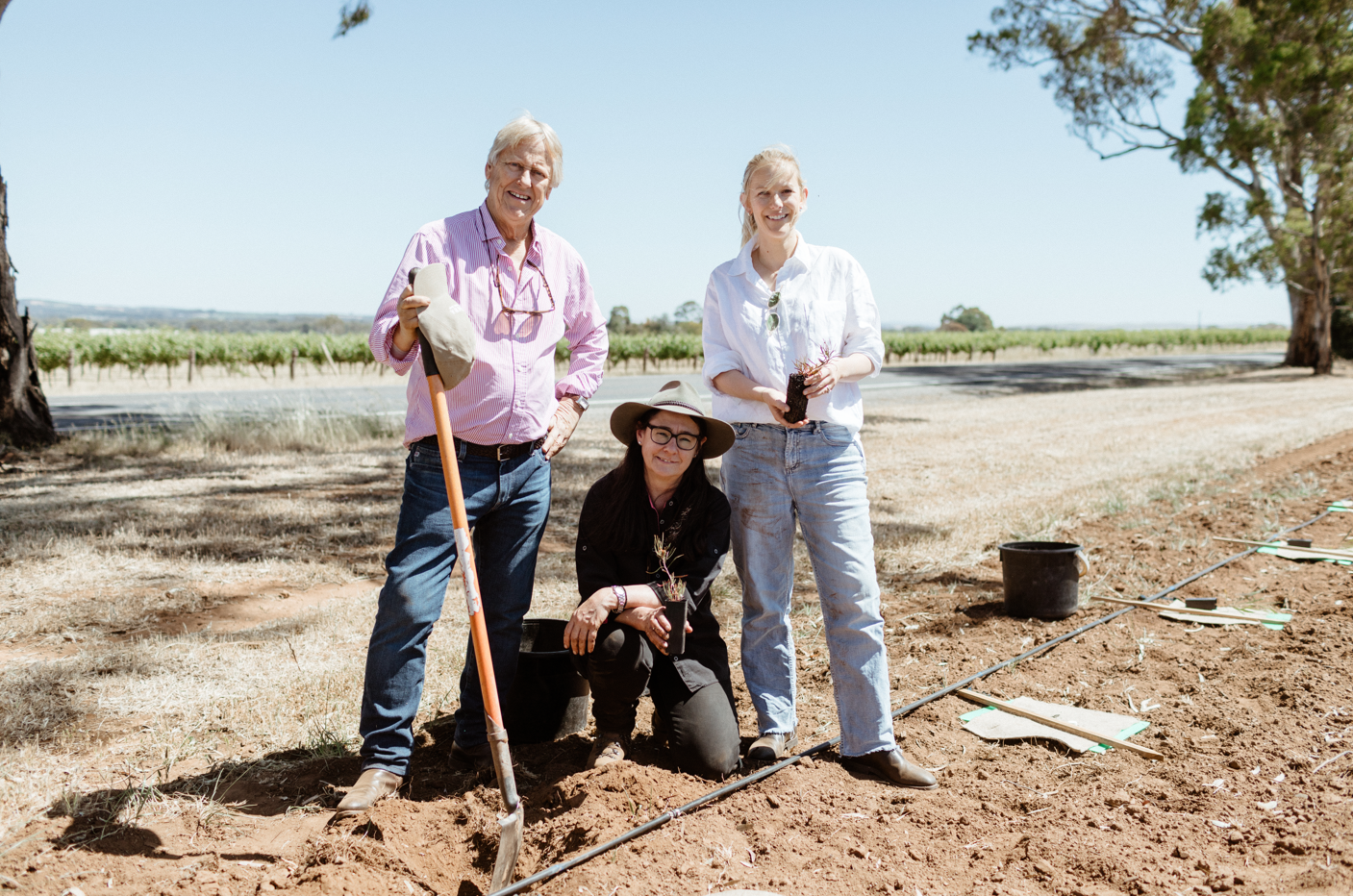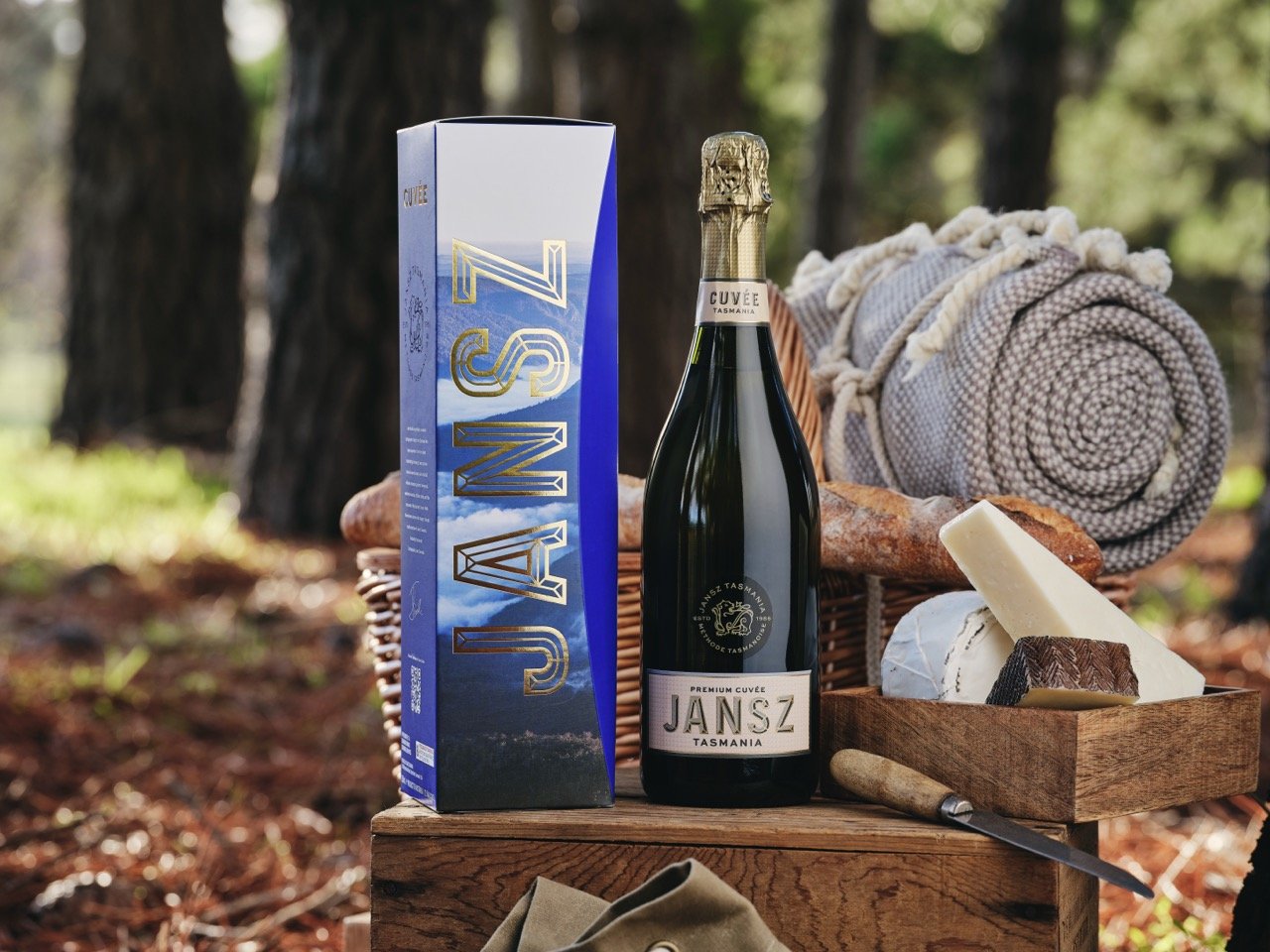There’s been widespread debate about the appeal of wine in a can. The concept has taken off globally, with the convenient and sustainable packaging catering to consumer trends and millennials. Naomi Kaplan explores why it hasn't been a hit in Australia.
STOP what you’re doing: Jacob’s Creek canned wine has gone on sale in Canada.
Pernod Ricard released Jacob's Creek Moscato in a can in May in response to the growing consumer demand for ‘convenient’ wine options, combined with the popularity of Moscato in Canada.
According to spokesman for Jacob’s Creek, canned wine offers "an approachable and contemporary option for consumers seeking an easy to drink wine in a non-glass format."
“We created Moscato Cans to provide our consumers with greater choice and a convenient way to enjoy their favourite light and fresh wine at social occasions, without worrying about carrying a 750mL bottle or wasting any leftover wine.”
Canadian consumers are the first to enjoy Jacob’s Creek Moscato in a 250mL can, with Pernod deciding to launch the the range there to capitalise on the success of Jacob’s Creek bottled Moscato.
There are no immediate plans to release canned Jacob's Creek in other markets. However, a spokesperson said they are "eager to see how Jacob’s Creek Moscato in a can is received in Canada, should we wish to produce wine products in a can such as this for other markets."

Wine in a can: global boom
Canada definitely isn’t the only global market to take a fancy to wine in a can - the innovation has been hugely successful in America, the UK and Asian markets.
Nielsen reports that canned wine is a $28million global business, continuing to exponentially grow with sales up by $14.5million in 2016 and $6.4 million the prior year.
Nielsen also noted in July 2016 that the American canned wine market had grown 125% over a one-year period, with many new canned wine brands being successfully launched into that market.
Herrie Rosenblatt, Vice President of marketing and communications for the Can Manufacturers Institute (CMI) told the Wine Industry Advisor that convenience and portability are becoming increasingly important to consumers globally.
“Providing this level of portability with just the right amount of wine makes it easy for today’s active consumer to enjoy their favorite beverage anywhere.
“Like winemaker’s stainless steel fermentation tanks, cans are in effect small, portable, aluminum tanks that protect and deliver the subtle flavors and sensory qualities that winemakers want their consumers to taste”, Rosenblatt said.
Wine in a can and sustainability
Another reason wine in a can is becoming so popular is the sustainable nature of the product.
The recycling rate for aluminium cans is more than 55% and, since less energy is required to produce and transport canned wine, the entire process reduces the brand’s overall carbon footprint.
Grant Prentice, director of strategic insights for FoodMinds Inc., a national food and nutrition research company, believes that cans should be the future of wine packaging.
“We understand that history and tradition drive the use of glass packaging in the wine industry.
“But it’s clear that forward-thinking leaders in the wine industry are altering their packaging mix and recognizing the incremental business opportunities and need-states where a can is much more relevant than a bottle or a box,” Prentice told Wine Industry Advisor.
Rosenblatt added that “Aluminum can packaging is helping more and more consumer-focused winemakers create an incremental beverage choice that appeals to the on-the-go, environmentally friendly millennial."
Big hit globally, but what about Australia?
Ironically, while the technology for wine in a can originated in Australia in 1996, it hasn't been embraced locally.
Barokes founders Greg Stokes and Steve Barics invented and patented the Vinsafe corrosion-resistant lining inside the cans to protect the wine from going off – without it, the can will corrode the wine and render it undrinkable in months.
Barokes sells wine-in-a-can directly in Australia through Dan Murphy's but its main business comes from licensing its technology to wineries and selling into the Asian markets, with 95% of packaged wine globally falling within Barokes patent.
Indeed, Pernod Ricard Winemakers have a licence to use Vinsafe when producing Jacob’s Creek Moscato in a can.
“We are now finding that our revenue is mostly coming from the licence deals," Stokes told The Australian.
“In North America they are using our technology and saying [that] rather than trying to re-create their brand, they would rather use our proven technology.
“This has become popular in the convenience sector, especially in Asia where cans are viewed as premium packaging because they can be transported, are secure, tamper-proof, quick to chill, lightweight and fully recyclable,’’ he added.

Canned wine is so popular in Asia, there are even vending machines selling the stuff.
So why has response in Australia been so slow?
“Australians are known for being great innovators/inventors, but also notoriously slow adopters of their own technology," Barokes’ marketing director Irene Stokes told Wine Companion last year.
“However the tide has turned in the past few years. Our wine in a can products sell very well through Dan Murphy’s.”
Another Aussie company hoping to buck the anti-aluminium trend is the Sparkke Change Beverage Company, which has just added canned sparkling wine to its range of socially conscious beverages.
Sparkke, an all-female team of young social activists, make beer, cider, alcoholic lemonade, ginger beer and now canned wine all featuring bold messages on the cans that are designed to spark conversation about social change.
The ‘White Wine Bubbles’ is the fifth beverage to be launched by the team. It comes in a slim line 250ml can and features the message "Say I Do!" in support of marriage equality.
Source: Instagram @sparkkechange
Will the combination of sparkling canned wine and fighting for marriage equality finally win over the Aussie market?
Share the content
